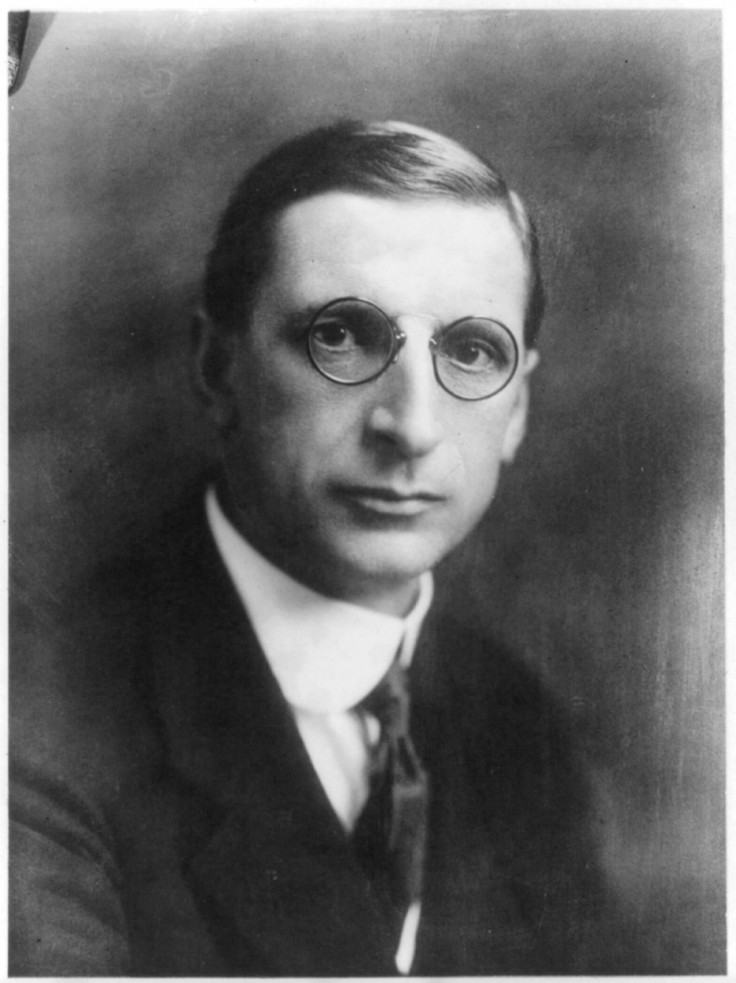Too Little, Too Late: Ireland To Pardon World War II ?Deserters?

The government of the Republic of Ireland will formally pardon thousands of former soldiers who deserted the Irish Defence Forces during World War II to fight with the Allied Forces against Nazi Germany.
These Irishmen had absented themselves from the Defence Forces without permission to fight on the Allied side. Following the end of the war, the Dublin government dismissed these soldiers from the service and banned them from holding any government jobs for a period of seven years. They were also prohibited from receiving back pay and pensions.
Ireland was officially neutral during World War II at the instigation of Prime Minister Eamon de Valera – that policy remained in place for the full duration of the war, despite a number of raids on Ireland by the Nazi German air force.
Irishmen were free to join the British Army if they so wished, as long as they had the permission of Ireland’s Defence Forces, the entity which encompasses the army, navy, air corps and reserves. (At least 50,000 Irish, including civilians, indeed “legally” fight for the British military during the war).
At the outbreak of World War II, the Irish Defense Forces numbered some 42,000 people – but over the course of the war, more than 7,000 deserted. Of that number, about 2,500 returned to their Irish units or were caught and tried by a military court. The other 4,500 were dismissed under emergency powers that were in effect at that time.
During a speech Tuesday before the Dáil Éireann, the lower house of parliament, defense minister Alan Shatter apologized for the way these men had been treated by the state after the war was over.
In addressing the question of desertion during World War II, the government acknowledges that the war gave rise to circumstances that were grave and exceptional, Shatter said.
Members of the Defence Forces left their posts at that time to fight on the Allied side against tyranny and, together with many thousands of other Irish men and women, played an important role in defending freedom and democracy. On behalf of the state, the government apologizes for the manner in which those members of the Defence Forces... were treated after the war by the state.
However, given that the war ended almost 70 years ago, very few of these pardoned soldiers remain. Irish media estimates that only about 100 or so are alive to enjoy their amnesty.
Many of these soldiers who deserted the Irish armed forces were derided as “traitors” for years.
Paddy Reilly, whose father quit the Defence Forces to join the British Army during the Second World War, told Irish media: “My dad was one of those who thought it was the right thing to do. He never complained about it, but I don’t think he expected to be ostracized and the high price that the family paid and continued to pay for many years.”
Minister Shatter made a subtle distinction between pardoning deserters who joined another worthy cause and those who desert out of cowardice. He also declared that the Irish state would not be financially liable in connection with the amnesty.
Indeed, the Irishmen under this “pardon” are a special kind of “deserter” since they did not quit their posts out of cowardice. On the contrary, they “deserted” in order to join another military cause they felt was extremely important to the survival of their very nation.
Many other soldiers from across Allied nations deserted out of cowardice – indeed, more than 21,000 such cases were found in the U.S. military during World War II. Of that figure, 49 were sentenced to death, but only one soldier, Private Eddie Slovik, was actually executed for desertion.
Germany was far more punitive towards its own deserters – 15,000 men who quit the Wehrmacht were summarily executed.
But the toll of desertion was perhaps worst in Joseph Stalin’s Russia. Over the course of the war, at least 158,000 Russian troops were executed for deserting their regiments. Stalin had ordered commanding officers to shoot deserters on the spot and also arrest their family members
© Copyright IBTimes 2024. All rights reserved.





















